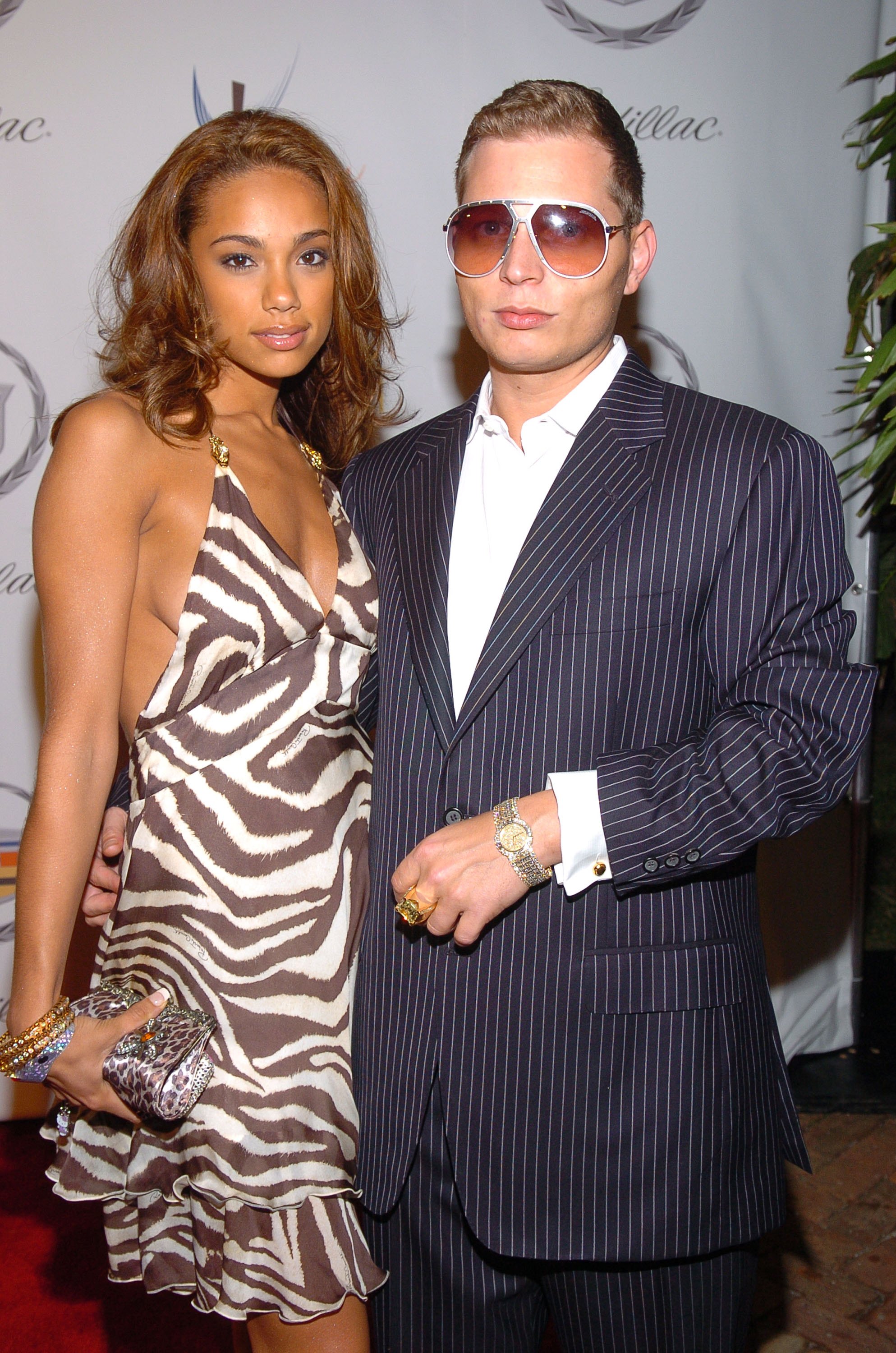

He moved Bellido and their son Steven to South Florida: Bellido calls it "one of the happiest times in our lives."

"When their one record took off, everybody wanted a record that sounded like that."įame brought added responsibilities: In 2004, Storch reunited with the child he had fathered 12 years earlier with Bellido.

Carter" has made him the producer of the moment. "The people who have always been on top of the production game - Timbaland, Neptunes, Swizz Beatz, Scott Storch - they all had their own sound," says the Miami-based producer Infamous, whose own recent work on the Lil Wayne and Jay-Z track "Mr. An extensive Rolling Stone profile called him "hip-hop's Liberace" and said he had earned $70 million. In 2004, everyone wanted the Storch sound, and he reportedly commanded $100,000 per beat. He was able to straddle both lines."Īnd yet there are similarities in many of Storch's records: sinuous keyboard riffs that reveal Storch's interest in Middle Eastern melodies coupled with thumping, staccato beats. "Scott was able to adapt himself to the sound of Jamaica but also to contemporary R&B and hip-hop. "When we created that 'Baby Boy' record, Sean had only worked with Jamaican producers," says Atlantic Records chairman and CEO Craig Kallman, referring to the 2003 single by Sean Paul and Beyonce that Storch produced and that helped to make Paul an American recording star. Storch had the quintessential producer's talent for coaxing career-making performances out of both veteran and new artists. Beginning in 2003, the hits rolled in: Beyonce's "Naughty Girl," Terror Squad's "Lean Back," 50 Cent's "Candy Shop," and Chris Brown's "Run It." Storch decided to return to his Florida roots to, as he has said, build his empire. There his keyboard loops helped form the basis of such hits as "Still D.R.E." He produced seven tracks on Christina Aguilera's "Stripped" album, including "Can't Hold Us Down," which featured Lil Kim. Deciding he preferred studios to touring, Storch moved to Los Angeles to work with Dr. He produced their breakthrough single "You Got Me," which helped Philly's acclaimed live hip-hop band win a Grammy, and gave the sandy-haired Jewish producer serious hip-hop credentials. While still a teen, Storch was a founding member of the Roots. He was like, 'I'm going to make it, I'm going to make it.' Even at 15 he was an old soul. "He always knew what he wanted to be," she says.


 0 kommentar(er)
0 kommentar(er)
